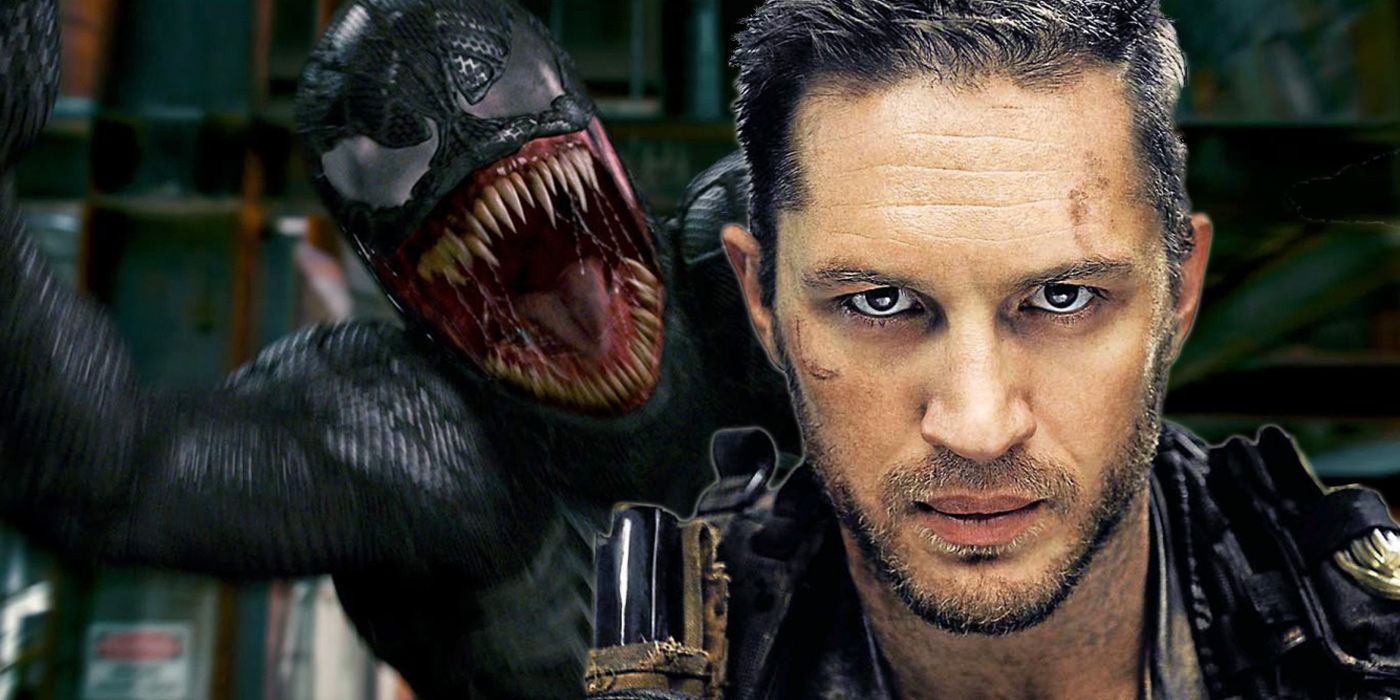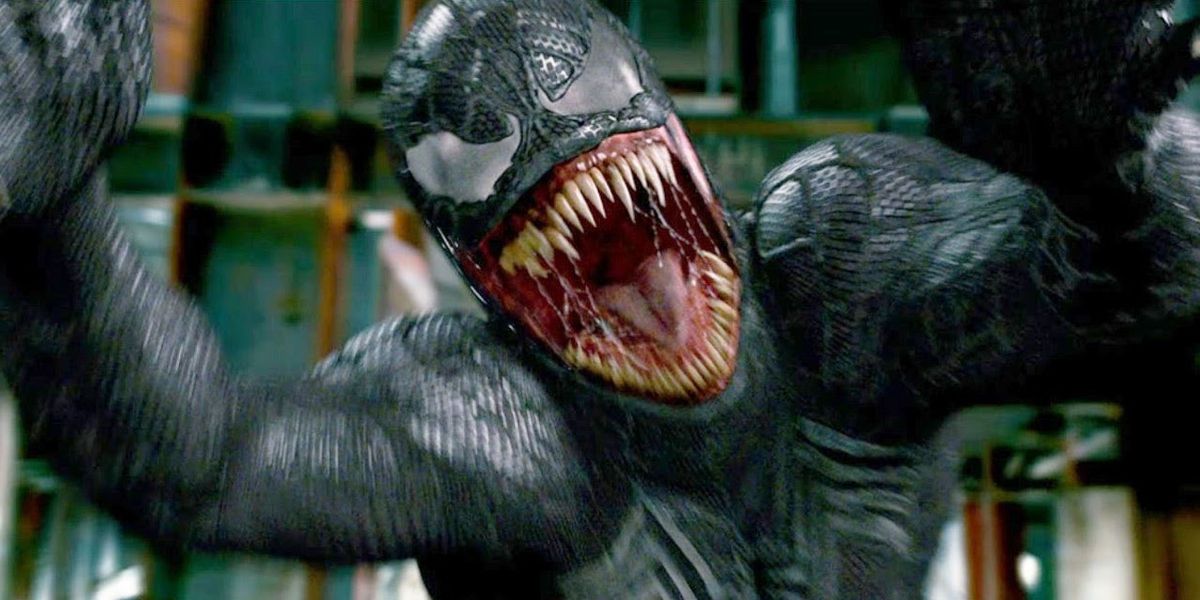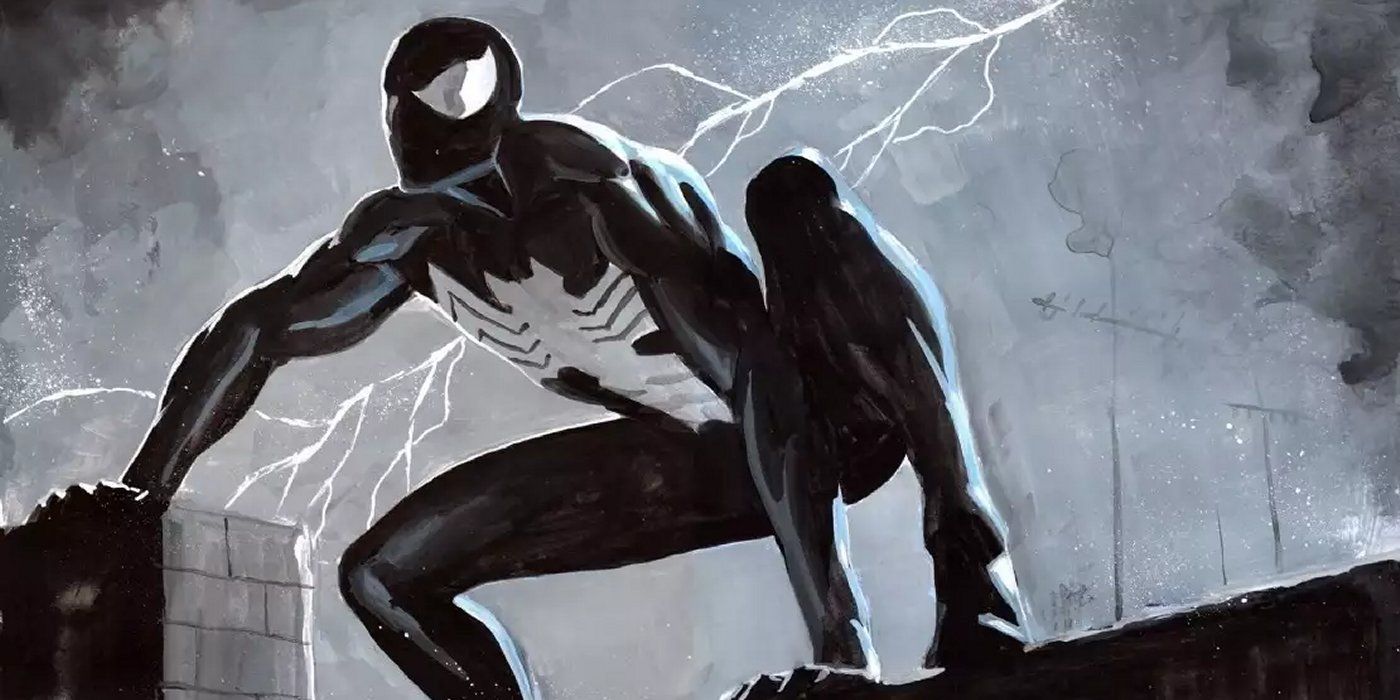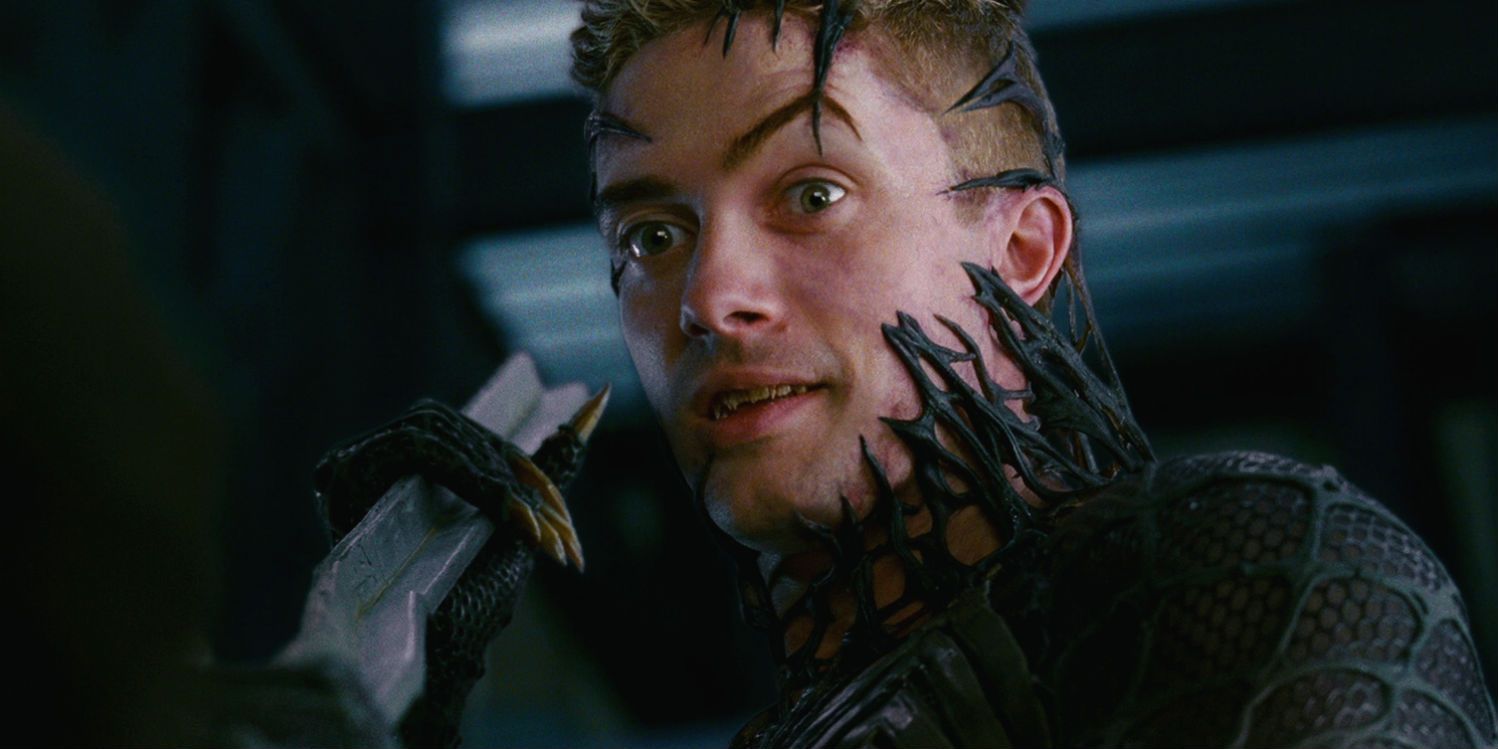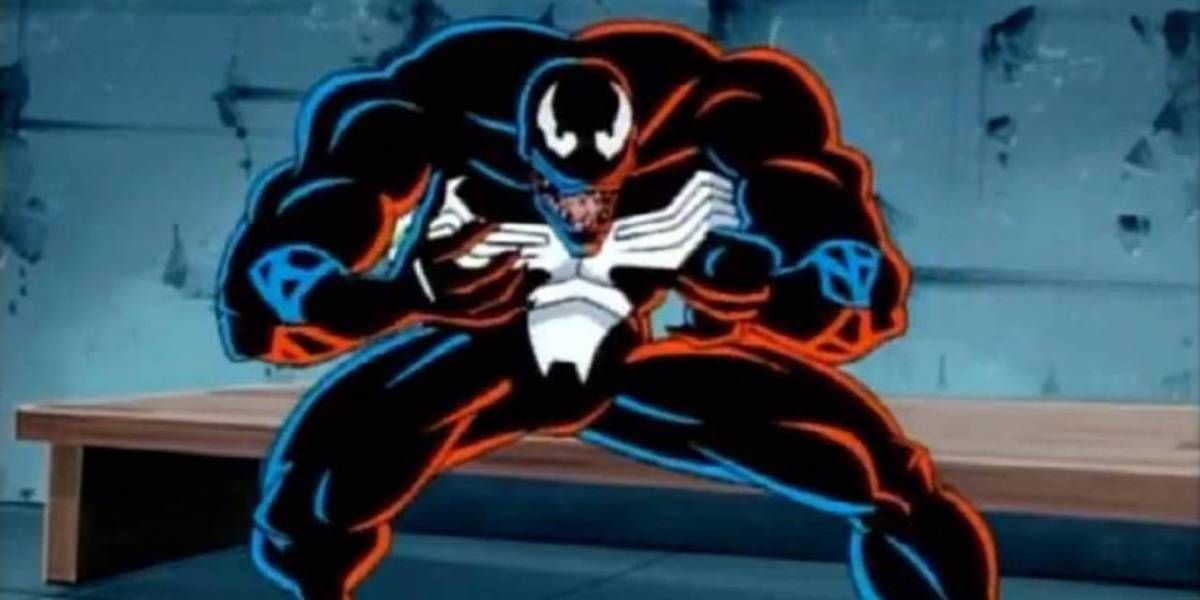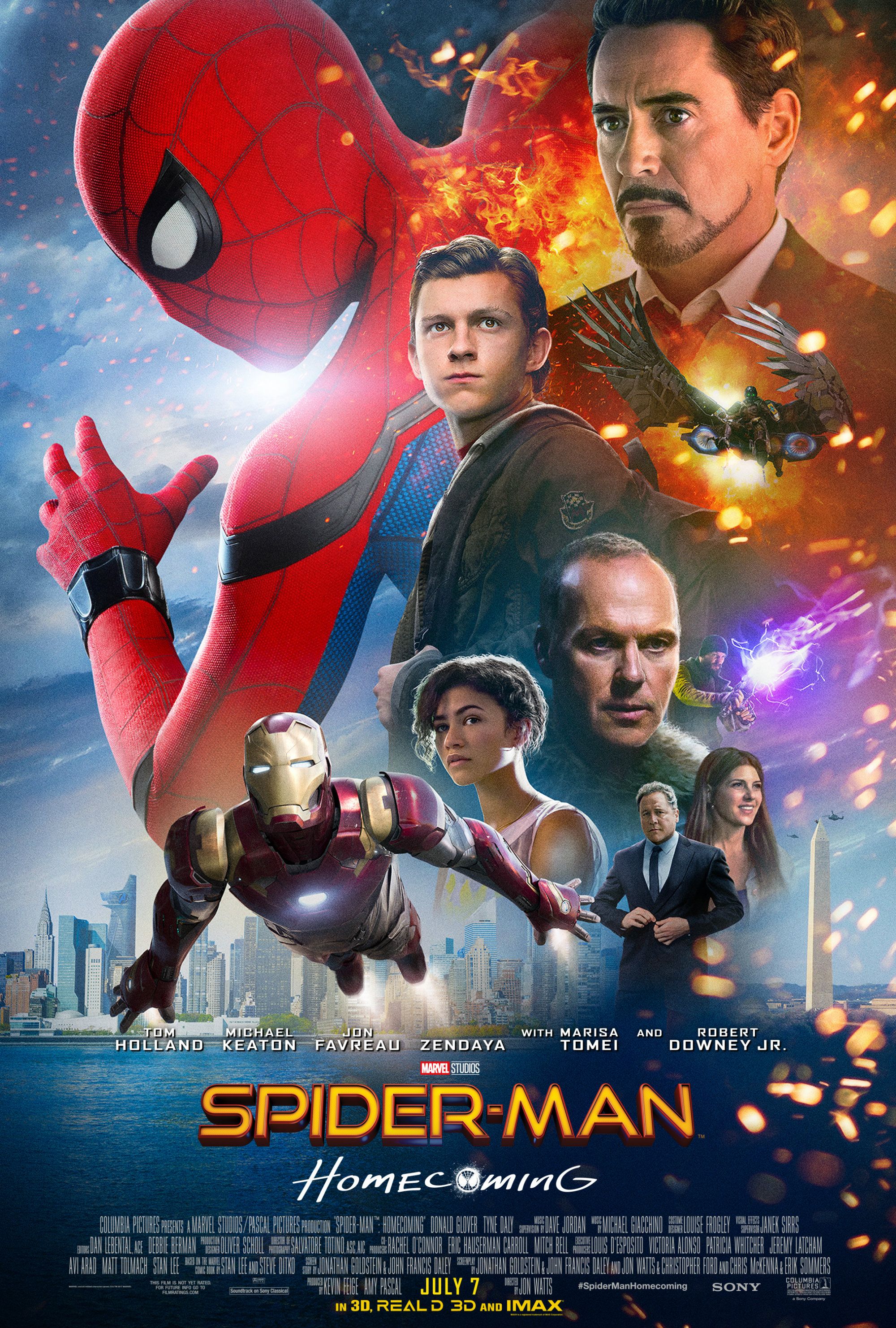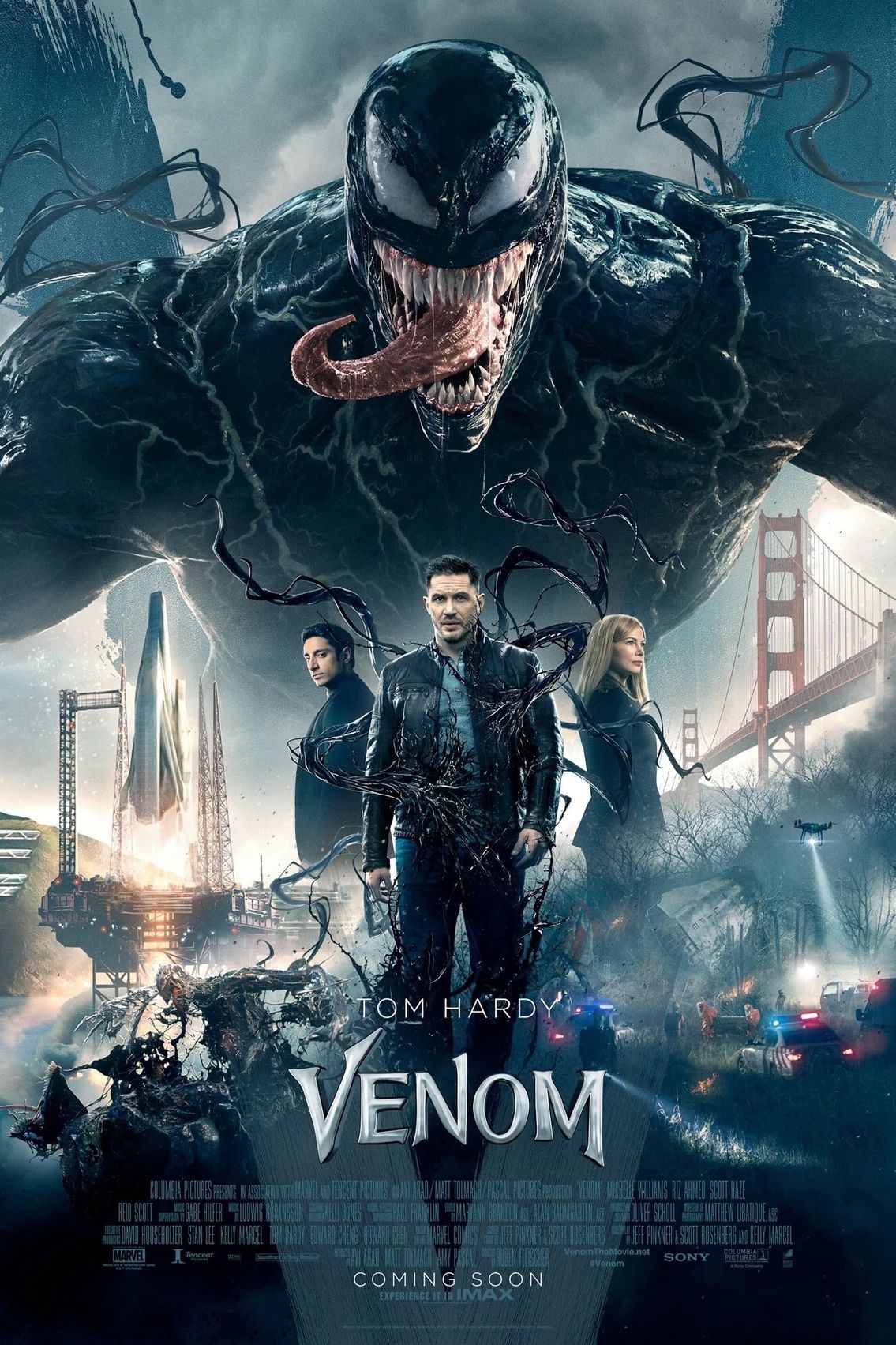In Hollywood studio lore, there's an urban legend about a screenplay called "Atuk" that, supposedly, carries a curse. An adaptation of an obscure comedy novel by Mordecai Richler, Atuk is meant to be a fish out of water farce about a naive, slapstick-prone Inuit hunter from Alaska who stows away in an airplane and winds up involved in comedic mayhem in New York City.
Intended as a star vehicle for an American comedian (Atuk's backstory would've revealed him as being only half-Inuit), the project was originally offered to John Belushi, who accepted the role only 5 months before his death in 1982. Sam Kinison signed for the role next, but left after disagreements with the producers and also died not long after. John Candy, Chris Farley and Phil Hartman are all said to have come close to making the film not long before each met an untimely death - hence the "curse."
Atuk isn't the only cursed screenplay (or production) in the movie industry, but it's probably the most infamous - certainly within the comedy genre and in terms of "body count." If you had to go looking for a comparably "unsafe" project with similar longevity in the superhero genre, you'd likely land on Venom. Granted, it's (fortunately) not a project that has been associated with the deaths of any actual people, but it's been in some form of development for almost two decades (possibly more, depending on who you ask) without an actual film ever being produced. What's more, both active attempts to get it made have instead helped to scuttle two multi-million dollar franchises.
Or, rather, one multi-million dollar franchise in two different forms: Venom is a (hypothetical) spin-off of Spider-Man, and Sony Pictures' attempts to make the series happen has contributed to the collapse of two separate Spider-Man movie series. Original Spider-Man director Sam Raimi spent two films rejecting studio insistence that the character be wedged into the plot only to relent for Spider-Man 3, which is near-universally recognized as the compromised low point of the franchise and ultimately led to the mid-development breakdown of Spider-Man 4.
The studio tried again in the Amazing Spider-Man reboot series, which blew-up after two installments owing largely to a second film that mangled its own story in favor of setting up a series of spin-offs including (you guessed it) Venom, once again. It's not just Sony who're seemingly hooked on the character, either - New Line Cinema was trying to make a Venom movie before Spider-Man movies even existed in the first place.
Now, supposedly, the project is back on again - this time with Tom Hardy playing the title role for Zombieland director Rueben Fleischer and the project (for now, implicitly,) again disconnected from the Spider-Man franchise and angling to ride the hoped-for trend of lower-budget R-rated superhero films spinning out of the successes of Deadpool and Logan. Maybe this time it'll actually happen... but it probably shouldn't. Venom might not be "cursed," but sometimes the reason a long-gestating movie doesn't get made is that it's just a bad idea to start with.
EMPTY SUIT
In case you're not intimately familiar with who/what Venom is in the Marvel Comics Universe, the short version is that he's a living costume. Appropriately, there really isn't much more to it than that: Officially referred to as "The Symbiote," it's a sentient glob of black goo that got stuck to Spider-Man during the Secret Wars event (the first one) and took the form of a slick-looking black and white spider-branded onesie in one of the more elaborate excuses for a superhero costume change. Eventually it turned out The Symbiote was evil and it found a more temperamentally-suited new host named Eddie Brock. The pair re-branded themselves as Venom, a beefy "badass" version of Spider-Man who (despite seemingly dying to bring the Black Suit Storyline to a close) has been endlessly revived and repackaged as one of Spidey's top nemeses ever since - mostly on the basis of the character's branded merchandise being a consistent big seller even as comics starring him have, well... not.
That's kind of the long and short of it: Even among other figures associated primarily with the literary wasteland that was mainstream superhero comics of the 1990s (there's a good reason why the meaningful storytelling in the genre at the time seemed to be happening more on TV cartoons like X-Men and Batman: The Animated Series than in actual books) There's not much conceptual substance to Venom: He's a "scary" version of Spider-Man with a big slobbery monster-mouth borrowed from the Alien movies and an insignia that looks great as a t-shirt - or a coffee mug, or a poster.
Even the basic "versus" tableau suggests a more meaningful character (it's Spider-Man literally fighting his own shadow!) but the results over decades of comics storytelling has told the tale: Venom isn't compelling outside of his own origin story, wherein he only meaningfully exists as the Act 3 "final battle" of Spidey versus The Symbiote. Attempts to make him more compelling have usually involved a complete reworking, like giving the Symbiote's powers to another person who was already more interesting (see: Mac Gargan, formerly The Scorpion - himself the original "anti-Spidey") or an entirely different context like Flash Thompson as "Agent Venom." But even then, these have been short-lived diversions - not the sort of foundations you build movie franchises out of.
IF AT FIRST YOU DON'T SUCCEED
If you're a movie producer (or whole movie studio) whose knowledge of the superhero genre is mainly centered on things like how much those aforementioned t-shirts sold, it's easy to see how you could mistake Venom for an A-list character you should be making movies out of; instead of a merch-ready character design who never sustained his own series for long and whose contributions to the Spider-Man brand are always discussed in terms of "bubble era" sales figures first and storytelling merits second (see - or, rather, don't - Maximum Carnage.) Thus it's no surprise that studios like Sony and producers like Avi Arad have occasionally seemed to view making Spider-Man movies as a necessary-hurdle en route to the "real prize" of making Venom movies.
Raimi, an old-fashioned "story first" pro as a filmmaker, avoided Venom like the plague for the two Spider-Man films where he had full control over the proceedings - by most accounts out of fealty to the original 1960s Spider-Man stories from Stan Lee, Steve Ditko and John Romita Sr. When he relented and included the character in Spider-Man 3, almost no one walked away overall satisfied with the results - even with the character reworked into a more three-dimensional figure (with Brock reimagined as more of a complete "mirror" to Peter Parker rather than a generic angst-ridden 90s comic book brute). Plans for the character spinning off from the "Amazing" franchise, itself a hastily-scrambled attempt to rebuild in the wake of Spider-Man 4's crumbling, aren't fully known; but he was to have been one of a slew of potential spin-offs designed to reassure Sony's investors that they didn't need to make a deal with Marvel/Disney to have a "Cinematic Universe" cash-machine of their own.
The fact is, even in today's franchise-obsessed Hollywood, you generally still need to be able to give a reason for a movie to exist. Even the nigh-plotless Transformers franchise didn't take solid shape until Steven Spielberg handed Paramount Pictures "a boy and his first car" as a narrative starting-point that finally got Michael Bay to sign on. Similarly, the "studio reasons" to shoot 90+ minutes of Tom Hardy's stunt double beating people up in a black body-stocking (ticket sales from a recognizable superhero that Sony doesn't need Disney/Marvel's permission to use, mainly) aren't necessarily the sort of things that, on their own, can will a franchise into production. At the bare minimum, there typically needs to be a compelling story or "hook" to work with - and "compelling" has never been something Venom is associated with.
Next Page: [valnet-url-page page=2 paginated=0 text='Can%20This%20Work%3F']
CAN THIS WORK?
Realistically, probably not - though that's different from saying it won't "get made," at least.
There's a widely-held industry scuttlebutt (read: conspiracy-theory) that the financially-strapped Sony Pictures doesn't actually have any long-term intention of producing a full "universe" of officially-unofficial Marvel spin-offs - that such talk is largely smoke-and-mirrors accounting aimed at making the studio's holdings look more viable (see also: a "Ghostbusters Universe" supposedly built around spin-offs and sidequels unrelated to the original film or the all-female remake) if/when Sony of Japan decides to finally sell their money-losing movie division off. But even if such games were being played, they'd need to make at least something. Venom, a way of doing Spider-Man without Spider-Man and get in on the (spoiler alert!) inevitably short-lived R-rated hero fad, makes the most sense in that regard - on paper, at least.
Whether or not it can turn out well is another story. It's arguable whether or not Venom has been the center of a single comics story worth telling outside his own origin, and the number falls to zero if you're talking about stories where Spider-Man didn't play a main or major role. That means a new narrative will have to be crafted out of whole cloth, and Sony's track record for creating wholly-new Marvel stories is... well, see (or don't) the Amazing Spider-Man movies. Prospective director Fleischer has struggled to land a proper follow-up to Zombieland (his much-hyped Gangster Squad arrived as a dud in 2013), and there's no indication as to what sort of plot is being hatched - though one suspects Carnage (short version: Venom, but more Venom-y) is on a shortlist of antagonists.
There's also the question of Tom Hardy, a celebrated actor whose ability to carry a franchise on his own has yet to be properly tested. His much-ballyhooed takeover of the Mad Max franchise from Mel Gibson turned out to be an act of sly misdirection (his character was actually playing co-star to Charlize Theron's Furiosa), while his showy double-act in Legend opened to a decidedly mixed reception. Thus far, Hardy is a leading man whose ability to "lead" is demonstrably suspect. It's hoped that he'll turn that perception around with a lead role as a fighter pilot in Christopher Nolan's Dunkirk this Summer, which would be good news for the actor but maybe not for Venom - if his movie-star bonafides are properly shored-up, will he still be interested in lending his name and time to a B-list genre project for floundering Sony?
It's possible, sure, that there's a good movie hiding somewhere in Venom. 25 years later (and after near-complete transformation into a surreal comedy character) even Deadpool became something viable. But both Marvel and a succession of Hollywood entities have spent a similar amount of time trying to turn Venom into more than the sum of his merchandise without success - and these don't feel like the circumstances (a struggling studio working both ends of a character-rights tug of war, a director/actor team with mutually spotty records, deliberate-disconnect from the part of the franchise that makes money) where that changes.

